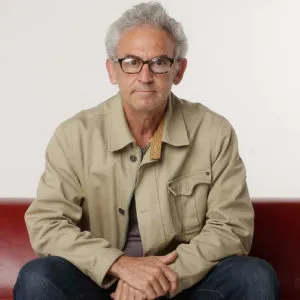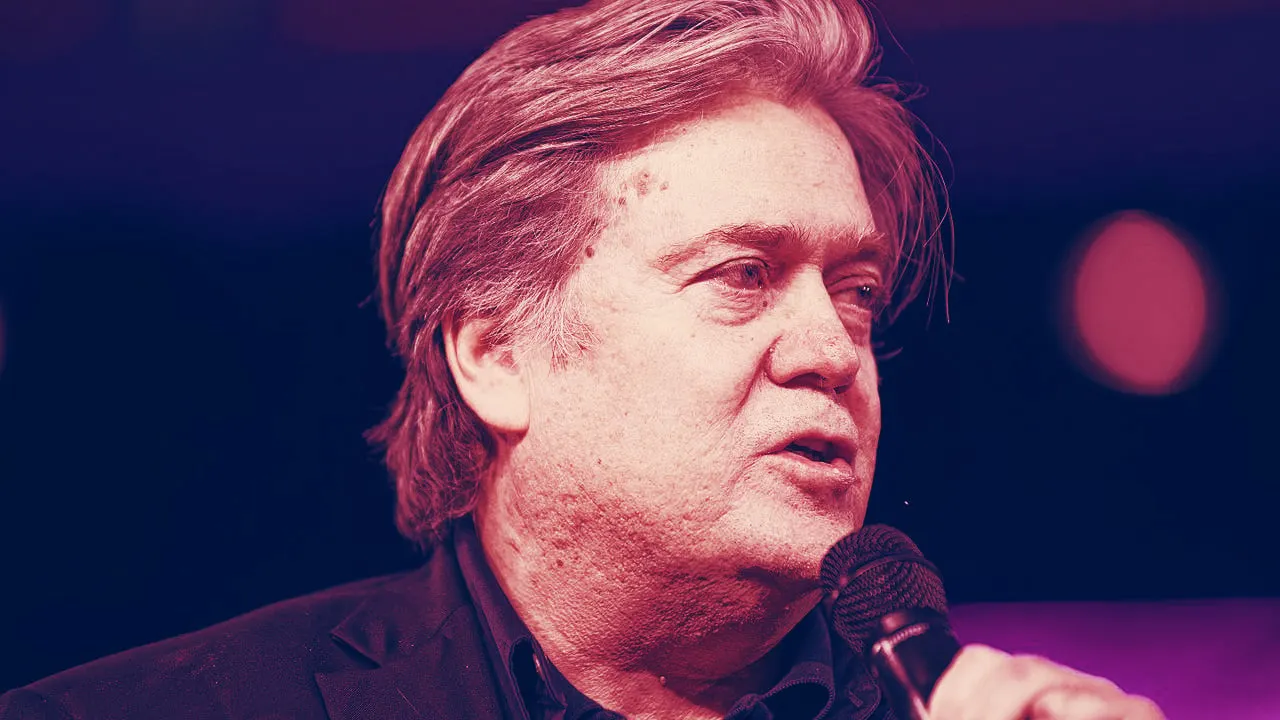We do the research, you get the alpha!
What does former "Trump Whisperer" Stephen Bannon have in common with crypto-celeb Brock Pierce?
Bannon, as a Goldman Sachs banker, took over the virtual currency trading outlet, Internet Gaming Entertainment, from Pierce, its founder, who was forced out in June 2006.
That's a long way of saying that Bannon knows crypto about as well as anyone. He gets it at a fundamental level. So it should surprise exactly no one that his comments during a CNBC interview were especially pro-crypto. "Cryptocurrencies have a big future," he said, admitting sheepishly later that he had “enough foresight, enough courage to buy [bitcoin] as it went all the way down.”
Indeed, Bannon sounded as all in on crypto as ever, claiming that it will be a “very important part going forward, particularly in this global populist revolt.”
In his book, "The Devil's Bargain: Steve Bannon, Donald Trump, and the Nationalist Uprising," author and Bloomberg writer Joshua Green details Bannon's early days as an investment banker at Goldman Sachs, who went on to run IGE after the bank took it over from Pierce. The company did brisk business in virtual currency by providing a trading platform for World of Warcraft's virtual goods. Green's book made the point that those insights into the gaming world were pivotal in forging Bannon's worldview.
Bannon's comments to CNBC today came on the heels of observations he made about the ongoing tensions in Hong Kong, which Bannon believes Trump's trade war are sparking.
Bannon's remarks are similar to those he made in an interview with the New York Times last June, in which he discussed his hope that cryptocurrency would wrest control from central banks. He has made no secret of his belief that crypto could be the key to that. “It’s disruptive populism,” the Breitbart editor told the Times. “It takes control back from central authorities. It’s revolutionary.”
Around that time last year, Bannon became an activist, advocating for something called "The Movement," which he hoped would unite right-wing nationalist organizations across Europe. He reportedly tried to create an alliance between them and the pro-Trump Freedom Caucus, in the U.S. However, the project seems to be fraying of late, as one nationalist movement after another has begun to abandon it on the grounds that they don't want to be affiliated with something that appears to be U.S. led.
Perhaps he sees crypto as a decentralized way to fund the group.





